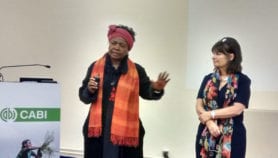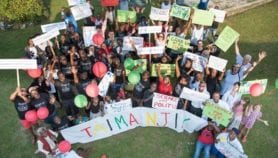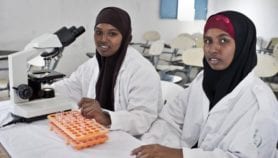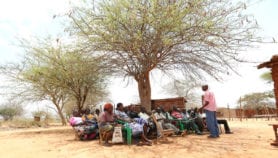By: Nicky Lewis
Send to a friend
The details you provide on this page will not be used to send unsolicited email, and will not be sold to a 3rd party. See privacy policy.
 |
The US$200,000 prize, awarded by the United Nations Environment Programme, is considered one of the world’s most prestigious environmental awards.
As president of the Delhi-based Development Alternatives group, Khosla has been a long-term proponent of sustainable development, attempting to link rural livelihoods with environmentally friendly enterprises such as village biomass power plants.
“Mini enterprise was the means we found most effective to create [sustainable] livelihoods, and good science, technology and management support systems [were] the best instruments for helping these enterprises meet their triple bottom line imperatives: financial, social and environmental sustainability,” he says.
Khosla is founding director of India’s Office of Environmental Planning and Coordination — the first national environment agency in a developing country — and an active player in numerous international bodies.
He is now looking to the possibilities offered by the Internet, and has established the first web-based portal for rural India. But he acknowledges there is a long way to go. “There is still much to be done,” he says, “not least the investment needed to wire and connect the remote areas of the poorer countries in Asia, Africa or Latin America”.
Previous winners of the prize include the Mexican scientist Mario J. Molina for his work on ozone depletion, and the Indian scientist MS Swaminathan, father of the economic ecology movement.
© SciDev.Net 2002
Photo credit: Development Alternative
More on Networks

Script media release
Journalists offered ‘big break’ mentoring opportunity from Radio Nigeria
03/04/19












